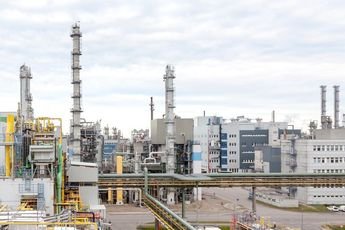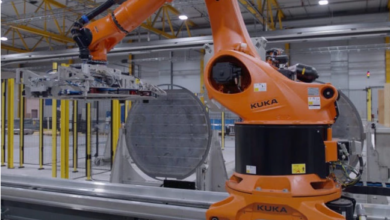Wacker, Linde project Rhyme Bavaria advances to the next stage of funding
Green methanol will then be used in a wide range of applications, from silicones and solar-grade polysilicon to industrial applications and fuel

Wacker Chemie AG (a German multinational chemical company) said that its initial funding application with Linde GmbH (industrial gases company) passed the EU’s preliminary selection stage, and both partners are now preparing a full application for the next stage, H2 Bulletin reports.
The project, which is called Rhyme (renewable hydrogen and methanol) Bavaria, will see a planned investment of around € 100 million (US$ 118 million). Wacker submitted funding applications for Rhyme Bavaria to both the European Union and Germany’s Ministry for the Environment. The company requested support in the ‘high double-digit millions’. If the funding is granted, construction on the project will start in early 2022, while production begins by the end of 2024.
Rhyme Bavaria aims to build an integrated renewable methanol plant in Burghausen, Bavaria, Germany. It would build a 20 MW electrolysis plant to produce green hydrogen using renewable energy and a synthesis plant to produce renewable methanol from the green hydrogen while using CO2 from existing production processes. The methanol plant capacity will be 15k tonnes/year and is expected to cut carbon emission by about 80% compared to the current methods. Hydrogen and methanol are both key starting materials for chemical products such as silicones.
![]()
Rudolf Staudigl, Wacker CEO, said, “We are convinced that hydrogen is an essential component in decarbonisation – whether as fuel, raw material or reducing agent. Since a plant complex of this kind is not economically viable at present, we clearly need financial support to realise this breakthrough project.”
He further added that the key to carbon-neutral production is industrial electrification, and it requires huge amounts of renewable electricity at internationally competitive prices of less than 4 cents per kilowatt-hour.
Bavaria’s Minister of Economic Affairs, Hubert Aiwanger, welcomed the EU’s decision and said that the project is paving the way for a sustainable hydrogen economy in Bavaria’s chemical triangle and is a lighthouse project for Bavaria and would benefit the region.
